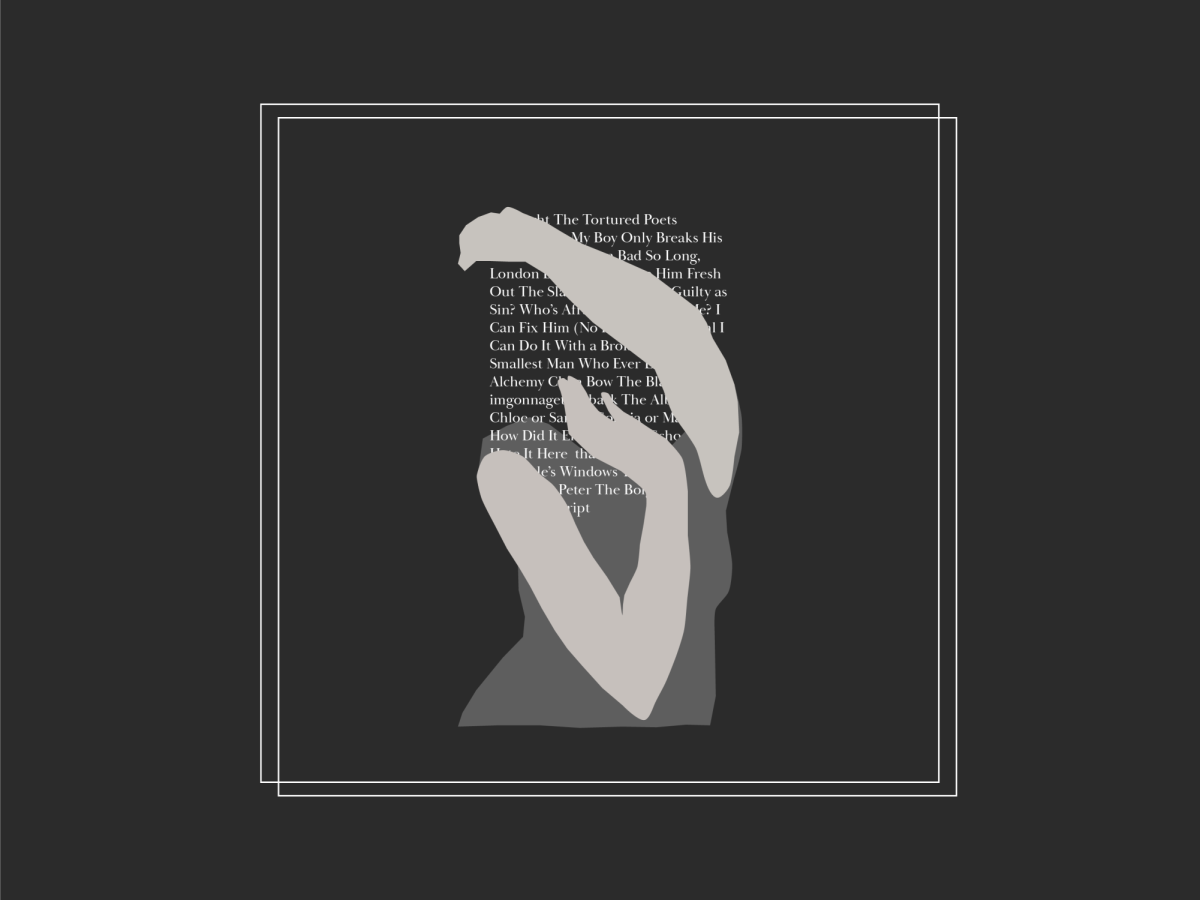By Catherine DeFuria
At a large university like Northeastern, everyday interaction with fellow students is the norm. According to Director of the Disabilities Resource Center Ruth Bork, for at least 600 of the schools 14,144 students, this may not be so normal.
Nancy Sharby, associate clinical specialist and academic coordinator of clinical education at Northeastern, has been researching “hidden disabilities” that many college students unknowingly suffer from.
According to Sharby, hidden disabilities are just that; hidden. They cannot be physically identified. She says that one could look at a person affected by this and never even know it. These disabilities are primarily seen among students and educational environments. Sharby specifically talks about two disabilities: psychiatric disorders and learning disabilities.
“Having these disabilities is no different than having Multiple Sclerosis and needs to be medicated,” Sharby said.
She insists that there are also students who know they have a disability but hide it from others.
“Many students do know they have a learning disability, but are not informing the university and receiving the acquired accommodations,” she said.
She believes this is due to the stigma of having a disability which causes embarrassment when asking for help.
“Stigma is a terrible thing and one of the biggest barriers for people’s success,” she said.
The realm of psychiatric disorders also includes anxiety, post traumatic stress and depression.
“It [anxiety disorder] is a sympathetic over-arousal which increases heart rate, blood pressure and muscle tension and causes gastroenteritis distress,” Sharby explains.
As a result, there is an unstable control of moods and emotions.












